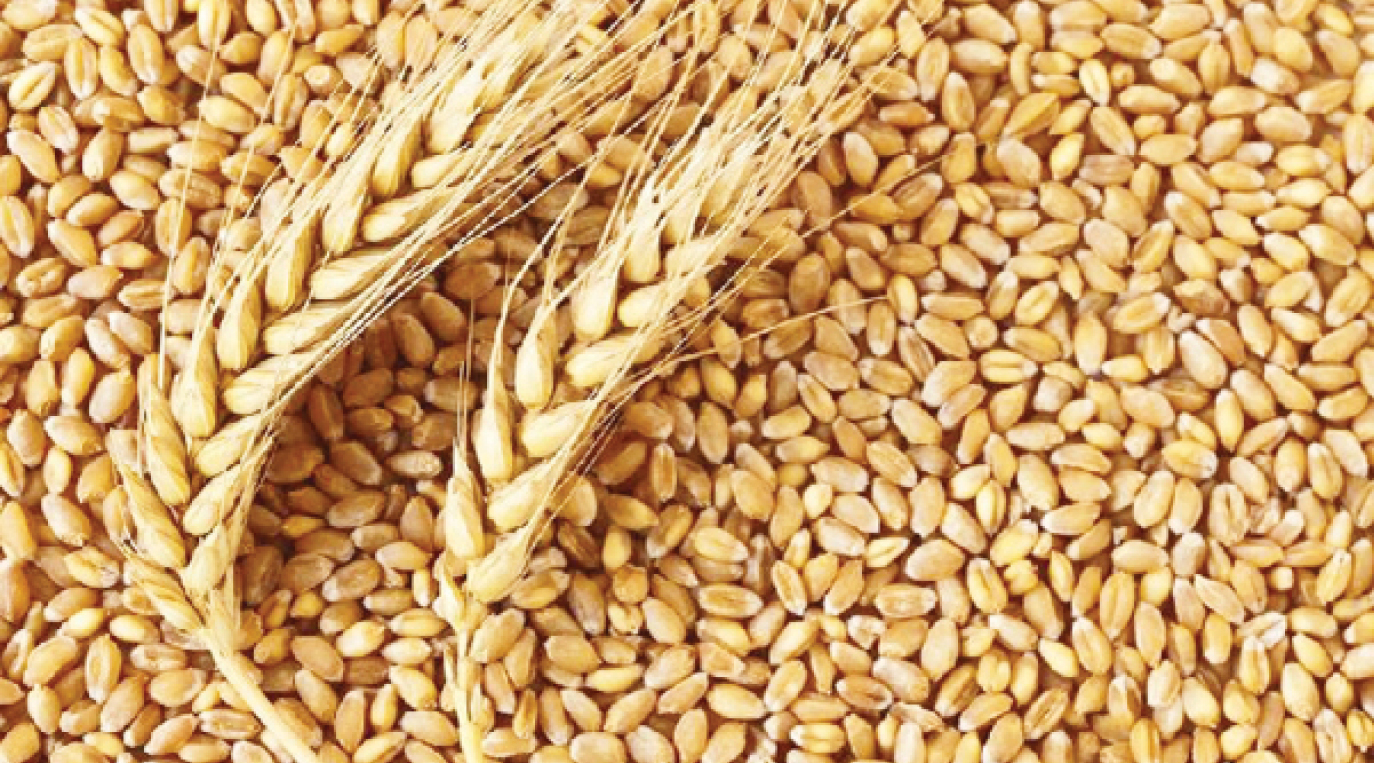Wheat is one of the most consumed staples in Nigeria. The wheat value chain is quite large as it can be processed into wide range of foods including bread, crumpets, muffins, noodles, pasta, biscuits, cakes, pastries, cereal bars, sweet and savoury snack foods, crackers, crisp-breads, sauces and confectionery.
Russia is considered as the largest exporter of wheat in the world but as its war against Ukraine persists, there are fears that the staple may affect several economies, including Nigeria.
Europe acted too late in stopping Russian invasion – Ukranian President
Russian war: Ukrainian helicopters shot down
In fact, the Food and Agriculture Organization (FAO) has signaled that the current conflict is already driving food prices upwards which means that developing countries like Nigeria who heavily depend on the food item may experience food shortage.
According to the trade data provided by the Observatory of Economic Complexity (OEC), Nigeria source 4.8 per cent of its wheat imports from Russia.
The trade data showed that Egypt, Turkey, Bangladesh and Nigeria were the top destinations of Russia’s wheat in 2019, and the trend has not changed.
In 2019, N349 billion worth of wheat was imported into Nigeria. In 2020, Nigeria’s total wheat imports amounted to N756.9 billion of which N186 billion was sourced from the United States; N144 billion from Russia; N132.3 billion from Canada; N110.6 billion from Lithuania, and N101.9 billion from Latvia.
According to the National Bureau of Statistics (NBS), Nigeria imported N898.2 billion worth of wheat in nine months that ended September 2021.
The top origins of wheat in Nigeria in 2021 included the USA, N194.2 billion; Canada, N136.4 billion, Russia, N124 billion, Lithuania, N122.3 billion and Latvia, N115.9 billion.
It was gathered that the price of a bushel of wheat has risen by 5.7 per cent to $9.347 following the escalation of the conflict.
FAO Director-General, Qu Dongyu, in a statement, said it was not clear if Ukraine’s farmers would be able to harvest wheat ready for the market in June.
In Ukraine, “massive population displacement has reduced the number of agricultural labourers and workers. Accessing agricultural fields would be difficult,” he stated.
Based on the 2021 grain production data released by the Foreign Affairs Service of the United States Department of Agriculture, Nigeria’s wheat production increased to 99,000 metric tonnes (MT) from 55,000 MT recorded in 2020. This led to an 8.9 per cent decrease in importation as Nigeria imported about 6.0 million MTs in 2021, from the 6.6 million MT imported in 2020.
State of wheat production in Nigeria
According to the Wheat Farmers’ Association of Nigeria (WFAN), the country spends over $4.2 billion yearly on the importation of wheat to meet local demand of over 5.0 million MTs.
Analysts at Proshare.ng in a recently published review of the wheat value chain, stated that the current price hike in the global wheat market constitutes an operational strain that is heavily impacting the cost of production of millers and has the potential to further elevate wheat-based staples prices.
The flour milling industry plays a significant role in providing Nigeria’s ever-growing population access to relatively cheaper staples, with recent industry reports showing that 45 per cent of the food variants served in Nigerian homes are wheat derivatives.
How Russia-Ukraine war will impact Nigeria
Speaking on how the war could affect food availability and prices in Nigeria, Chairman of Dangote group, Mr. Aliko Dangote, noted that the price of wheat had started to increase.
He said, “We need to discuss with the government the measures to take to handle the impending crisis. The impact will also affect maize as Ukraine is the largest producer; we need to start looking at the issue of cross border trafficking of maize, as more farmers will be moving maize out of the country.”
Commenting also on the issue, Chief Executive Officer, Centre for the Promotion of Private Enterprise (CPPE), Muda Yusuf, said both Russia and Ukraine account for about 30 per cent of the world’s traded wheat and still have crops from last year to ship.
“There is no end in sight to the upswing because 30 per cent of the world’s wheat exports have been cut off from the global market. The current development is going to disrupt the supply of wheat in the global market. There is, therefore, a risk of a hike in the cost of wheat which will affect the price of flour and a knock-on effect on the price of bread and other confectioneries,” Yusuf stated.
As it stands, wheat traded in Nigeria, the international benchmark, has soared more than 40 per cent since Russia invaded Ukraine.
Russia’s war in Ukraine has disrupted global grain and energy markets, which would definitely push up food prices with food-importing countries like Nigeria experiencing the most serious consequences in the medium term.
Also, an agriculture expert, Musa Audu believes the war will indeed affect food prices in Nigeria
“The war between Russia and Ukriane has made transportation of goods difficult because of port closures, while paying Russia has become more complex due to Western sanctions. The effect it will have on Nigeria is that we are heavily dependent on Russia for wheat and in a situation where we can’t pay to import, we will not only experience shortages, but also increase in prices which we have started witnessing already,” he said.
This explainer was done in partnership with the Centre for Democracy and Development (CDD).

 Join Daily Trust WhatsApp Community For Quick Access To News and Happenings Around You.
Join Daily Trust WhatsApp Community For Quick Access To News and Happenings Around You.

